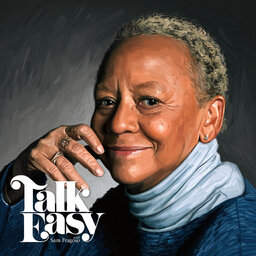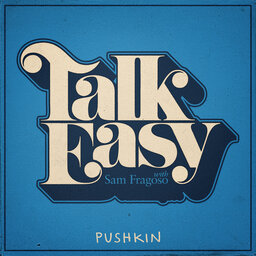The Rise and Fall of Crypto Billionaire Sam Bankman-Fried (with Writer Michael Lewis)
Upon taking a walk with crypto billionaire Sam Bankman-Fried, writer Michael Lewis had a sense that there might be a story here. In the intervening two years, that story has taken a series of twists and turns, resulting in Lewis’ new book Going Infinite: The Rise and Fall of a New Tycoon.
At the top, we walk through the latest events in Bankman-Fried’s Manhattan trial (7:27), the subject at the center of this winding story (12:06), and why Lewis was first interested in observing him (17:50). Then, he unpacks Bankman-Fried’s belief in effective altruism (20:00), his probabilistic approach to trading (23:50), and how his Stanford law professor parents shaped his thinking (27:36).
On the back-half, we discuss the ten-day period of FTX’s collapse (38:00), the scene in the Bahamas as Bankman-Fried filed for bankruptcy (47:10), and why Lewis felt a kinship with Sam’s parents in that moment (50:32). To close, Michael reflects on his own journalistic tendencies (55:10) and how he managed to write this book in the aftermath of great personal tragedy (1:06:50).
For thoughts, reflections, and guest suggestions, drop me a line at sf@talkeasypod.com.
In 1 playlist(s)
Talk Easy with Sam Fragoso
Talk Easy with Sam Fragoso is a weekly series of intimate conversations with artists, activists, and…Social links
Follow podcast
Recent clips

The Year of Actor Sebastian Stan (‘The Apprentice’)
1:16:35

Remembering Poet Nikki Giovanni
44:21

Talk Easy in 2024: A Mixtape
58:40
 Talk Easy with Sam Fragoso
Talk Easy with Sam Fragoso